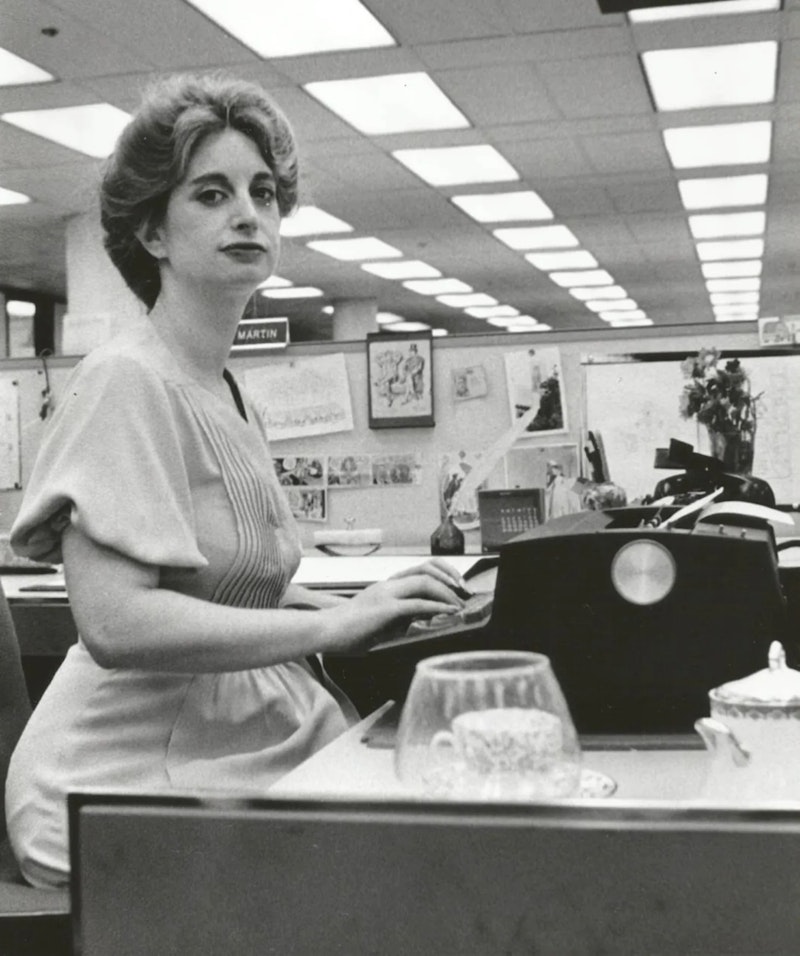Rachel Cusk: Once I’ve got an idea for something I’ll usually write a set of notes in that moment because otherwise I’ll forget, but that’s not content, that’s very much form.
Judith Martin: That kind of thinking ended on September 11, 2001.
Cusk: No, not at all. That’s a good dream.
Martin: There’s no evidence for that. Whatever made anyone believe that?
Cusk: In a sense it’s the same quest as trying to uncover why people feel false or unreal.
•••
Martin: For one thing, it’s expensive to have people climb poles or shoot at one another with paint guns.
Cusk: The desire to externalize yourself, and put yourself into space.
Martin: You will come to regret it.
Cusk: That feels like me. It’s a horrible process: most of the time I’m thinking “what am I meant to be doing?”
Martin: Entertaining in Washington is usually very high-level, very interesting.
•••
Cusk: I don’t think anyone can even remember what authenticity is, now.
Martin: No. That’s what civilization is all about.
Cusk: Very often it becomes telling and showing, which is fantasy.
Martin: More fundamentally, it’s false to argue that artificiality is unnatural and bad.
Cusk: It’s about the discovery of peace.

